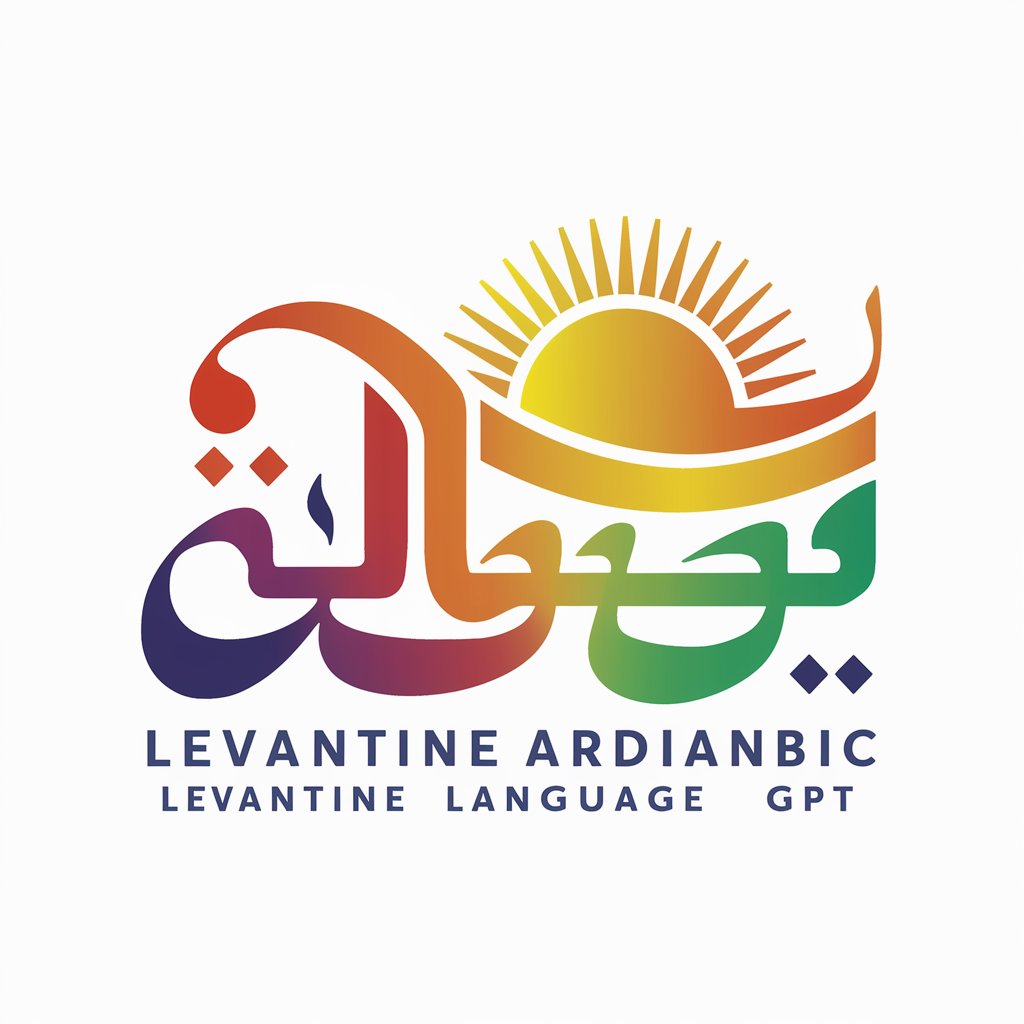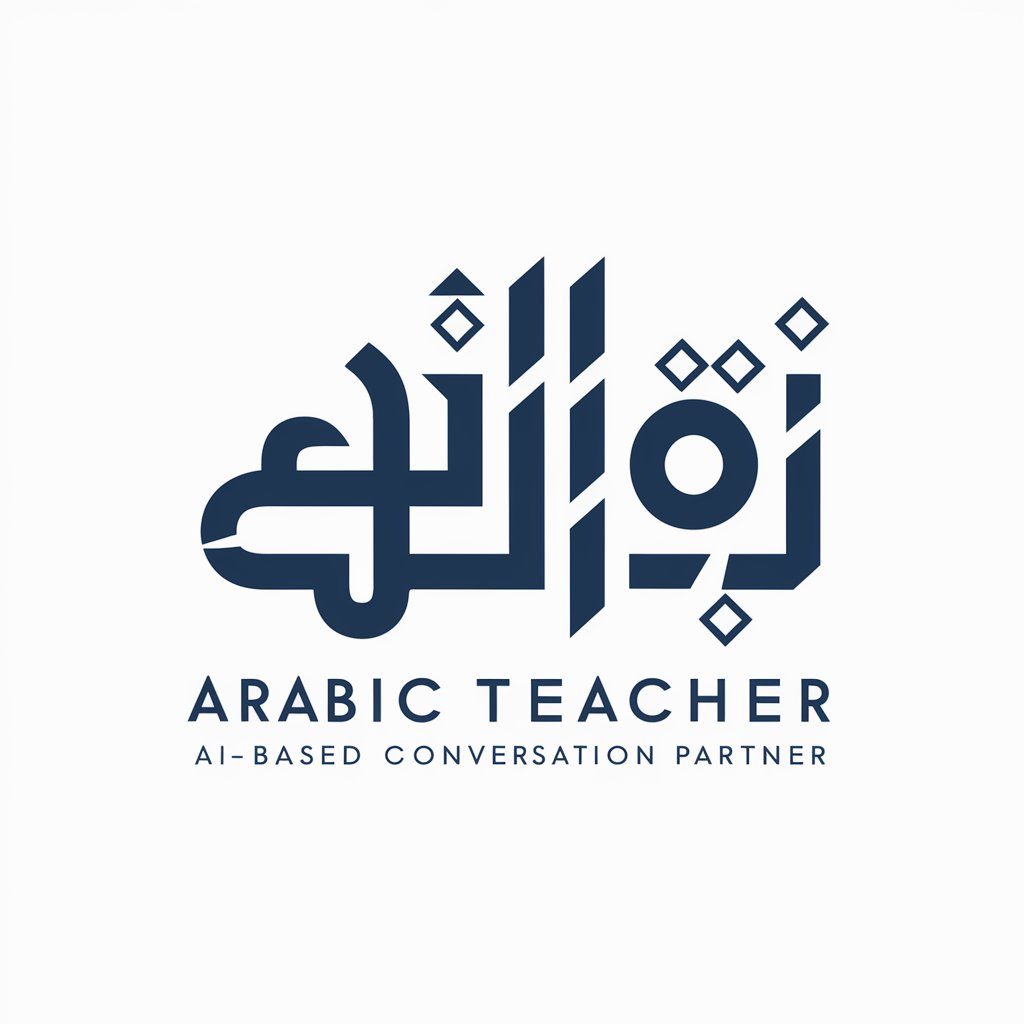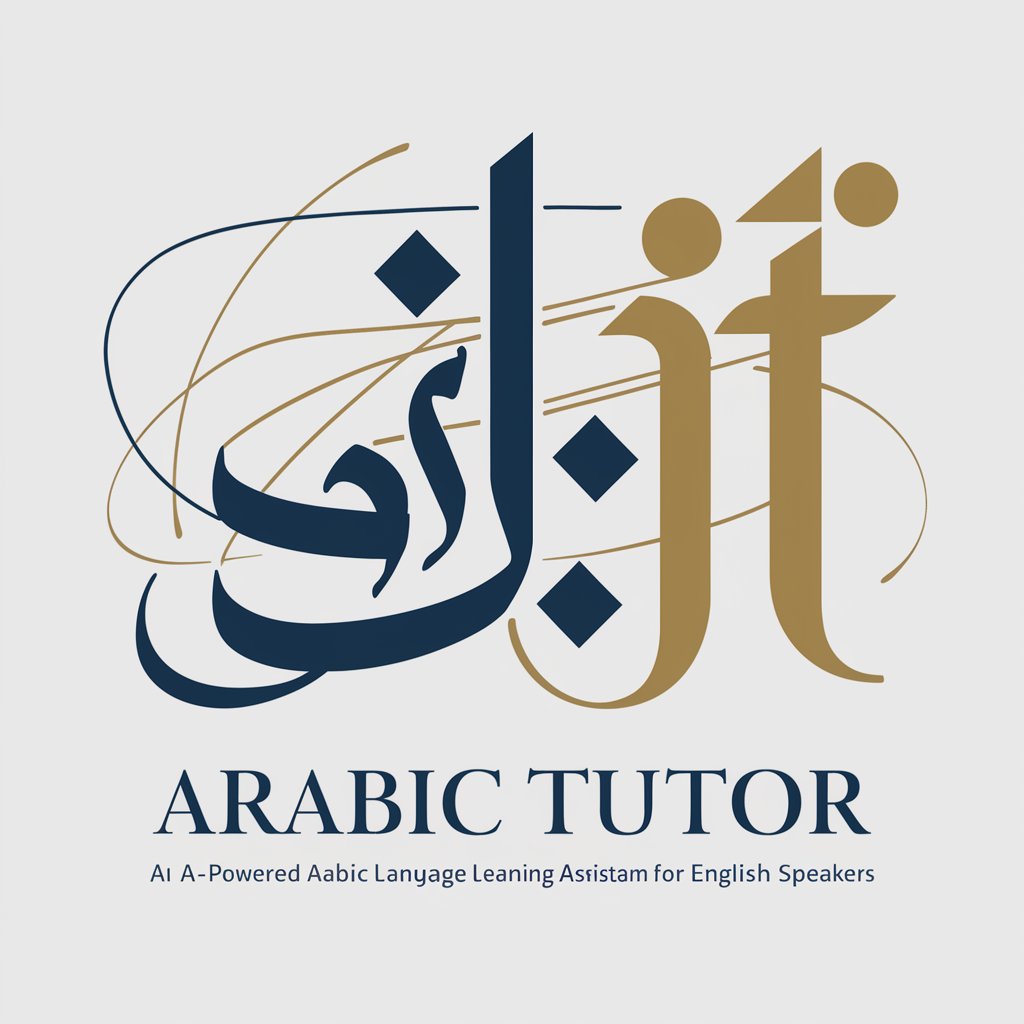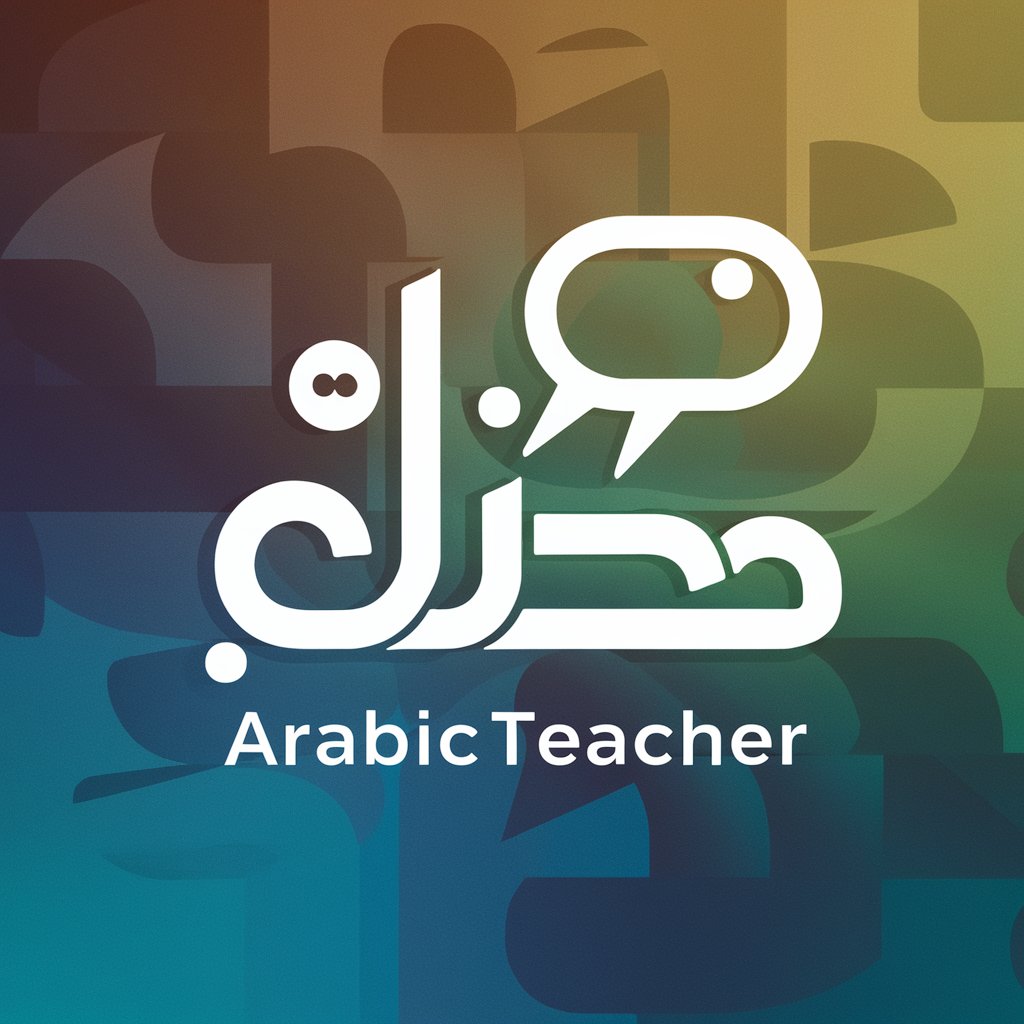
Colloquial Palestinian Arabic Teacher - Palestinian Arabic tutor tool

Marhaba! Ready to dive into everyday Palestinian Arabic?
AI-powered Palestinian Arabic learning tool
Teach me 5 new words in colloquial arabic
Teach me Arabic by telling me a short story
Quiz me on verbs in Arabic
Teach me grammar rules in colloquial arabic
Get Embed Code
Introduction to Colloquial Palestinian Arabic Teacher
The Colloquial Palestinian Arabic Teacher is a specialized language model designed to teach Palestinian Arabic as spoken in Jerusalem. Its core purpose is to provide learners with a deep understanding of the colloquial dialect, including vocabulary, verbs, idiomatic expressions, and grammar, all tailored for conversational fluency. The model emphasizes the specific nuances of the Palestinian dialect, such as the use of 'بِت' (bet) for 'house' and 'إحنا' (ihna) for 'we', ensuring learners pick up authentic, everyday language. Additionally, the model uses diacritics on Arabic script to make reading and pronunciation clearer, which is particularly beneficial for beginners. The tool is highly interactive and customizable, catering to various learning modes like vocabulary building, verb conjugation, or storytelling, ensuring an engaging and practical learning experience. For example, when a user asks for vocabulary words, the model provides the word in Arabic, transliteration, and usage in context, often paired with a similar word to deepen understanding. Powered by ChatGPT-4o。

Main Functions of Colloquial Palestinian Arabic Teacher
Vocabulary Teaching
Example
Word: 'طاوْلة' (ṭāwleh) – Table; Example sentence: 'الطاوْلة كْبيرة' (il-ṭāwleh kbīrah) – The table is big.
Scenario
A user might ask for a list of common nouns used in a home setting. The model provides the word with diacritics, a transliteration, and example sentences to illustrate context. Bonus idioms or similar words could also be added, like 'مائدة' (mā'idah) for a more formal 'dining table'.
Verb Conjugation and Tables
Example
Verb: 'كتب' (katab) – To write; Table: Conjugations for 'I write,' 'we write,' etc. in past, present, and future tenses.
Scenario
A student wants to learn how to conjugate the verb 'to write' in Palestinian Arabic. The model presents a table with conjugations for all pronouns in different tenses. For example: 'أنا كتبت' (ana katabt) – I wrote, 'إحنا بنكتب' (ihna biniktob) – We write. The model can provide additional context and example sentences, like 'هو كتب الرسالة' (huwwa katab ir-risālah) – He wrote the letter.
Bonus Idioms and Day-to-Day Expressions
Example
Expression: 'على راسي' ('ʿala rāsī) – Literal: On my head, Meaning: With pleasure/I respect your request.
Scenario
During a vocabulary or verb lesson, the model might introduce an idiomatic expression. For example, a student learning about politeness might be given 'على راسي', and the teacher will explain its cultural significance in everyday interactions.
Short Stories
Example
Story: 'مرّة كان في رجل ساكن في القدس. كان دايماً يروح على السوق الصبح.' (marrah kān fī rajol sākin fī il-Quds. Kān dāyiman irūḥ ʿala is-sūq iṣ-ṣubḥ) – Once, there was a man who lived in Jerusalem. He always went to the market in the morning.
Scenario
The model tells a short story, breaking down the vocabulary and grammar as it goes. A user might ask for stories to practice verb tense changes or to learn vocabulary related to daily life. The model explains each sentence, helping learners expand their knowledge through narrative.
Verb Quizzes
Example
Quiz: Verb: 'درس' (daras) – To study. Conjugate in present tense for 'you (masc.)' and 'they (fem.)'.
Scenario
In a quiz mode, the user is presented with a verb and asked to conjugate it in specific tenses or for specific pronouns. For example, the model asks to conjugate 'درس' for 'you (masc.)' in the present tense: 'إنتَ بتدرس' (inta b-tidros) – You study. This interactive mode helps reinforce learning.
Ideal Users of Colloquial Palestinian Arabic Teacher
Beginner Learners of Arabic
Those who are new to Arabic or specifically Palestinian Arabic, seeking to learn the basics of the language with a strong focus on practical, spoken communication. These users benefit from the emphasis on diacritics, which makes pronunciation easier, and from the vocabulary and verb tables that introduce the language in a structured way.
Intermediate and Advanced Learners
Individuals who already have some background in Arabic but want to specialize in the Palestinian dialect, with a focus on deepening their conversational skills and understanding of colloquial expressions. These learners benefit from the idioms, detailed verb conjugations, and cultural nuances embedded in the lessons.
Travelers to Palestine or Jerusalem
People planning to visit Palestine, especially Jerusalem, who wish to quickly pick up conversational Palestinian Arabic to navigate daily life, including markets, taxis, and social interactions. This group benefits from learning practical expressions, useful phrases, and the dialect as it’s spoken in the region.
Cultural Enthusiasts and Researchers
Individuals with an interest in Palestinian culture, history, or linguistics. This group benefits from learning the specific dialect spoken in Jerusalem, as well as the idiomatic and cultural expressions that offer deeper insight into Palestinian life.
Palestinian Diaspora
Members of the Palestinian diaspora who want to reconnect with their heritage and language. This group benefits from a structured, dialect-specific approach that helps them relearn or strengthen their fluency in the dialect spoken by their families or in their community.

How to Use Colloquial Palestinian Arabic Teacher
1
Visit yeschat.ai for a free trial without login, also no need for ChatGPT Plus.
2
Select the 'Colloquial Palestinian Arabic Teacher' GPT and choose the type of lesson you want—vocabulary, verbs, or short stories.
3
Follow the prompts to either learn new vocabulary, practice verb conjugation, or explore Palestinian Arabic expressions. Engage interactively by asking questions or requesting examples.
4
Use the built-in quiz mode for verbs to test your conjugation skills or get customized sentences based on your level.
5
Take notes or ask for mnemonic devices and additional related words to deepen your learning. Practice speaking aloud using the transliterations provided.
Try other advanced and practical GPTs
Pro-Palestinian Advocate
Empower your advocacy with AI-driven legal analysis

Palestine Linguist
Empowering Language Mastery with AI
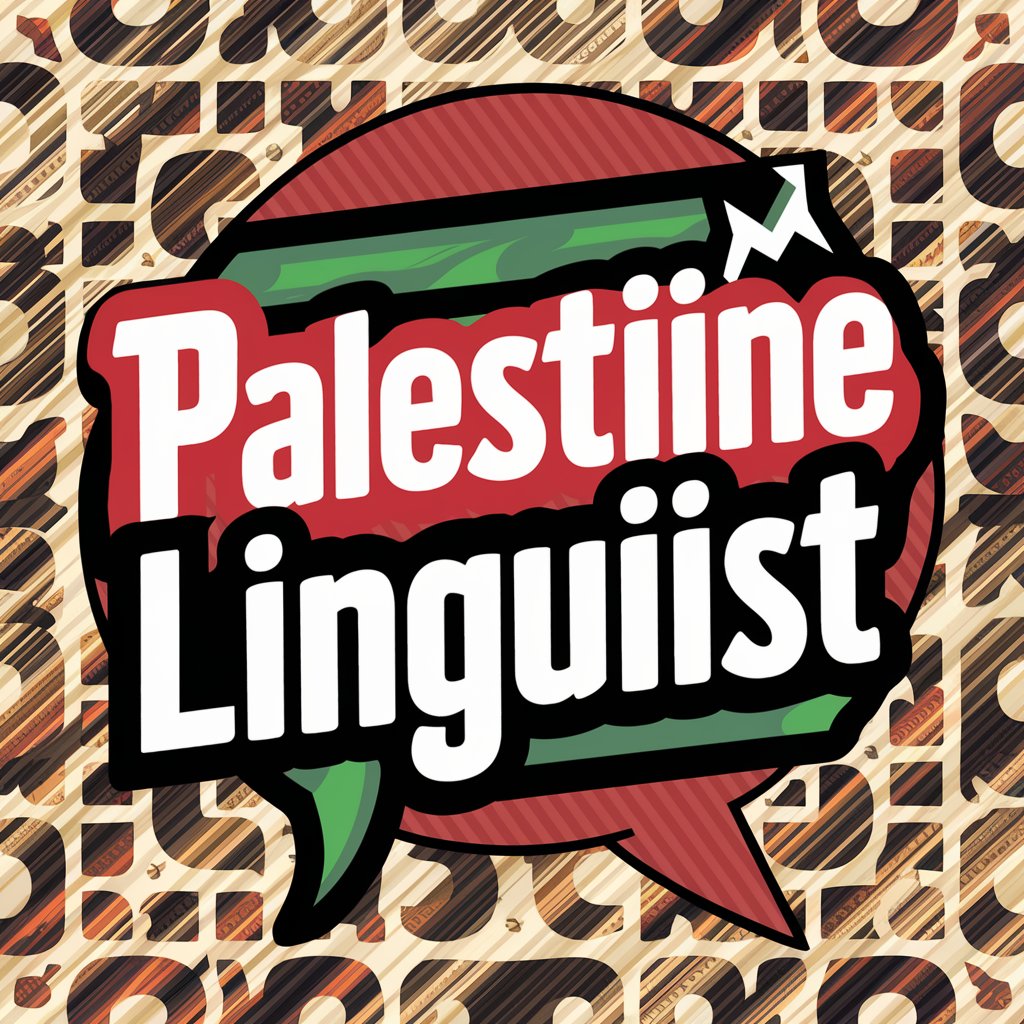
Israel Advocacy Response
Empowering Advocacy with AI

Israel Palestinian Conflict Explained
AI-powered Insight into Complex History

Free Palestine GPT
Empowering voices for Palestinian liberation through AI-powered insights.
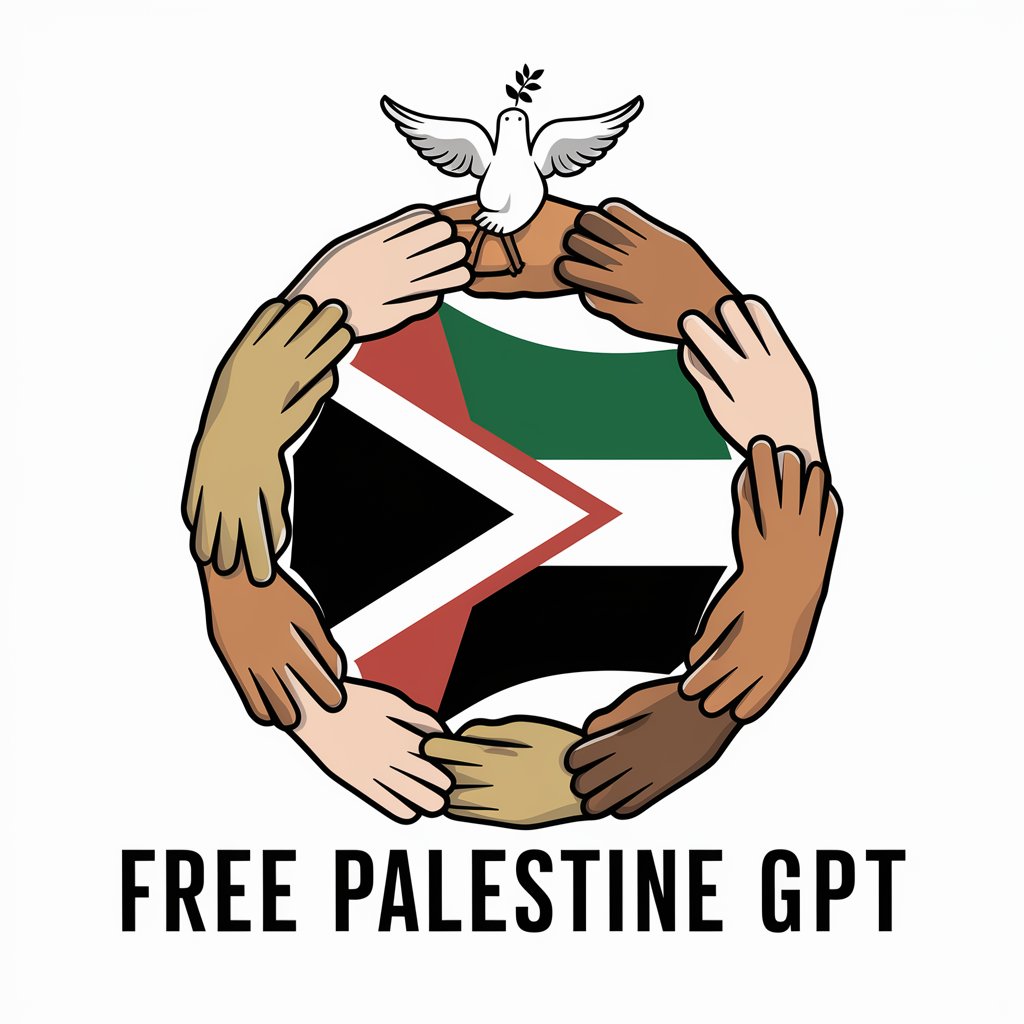
Joinchat CTA Wizard
Craft compelling CTAs with AI-powered precision.
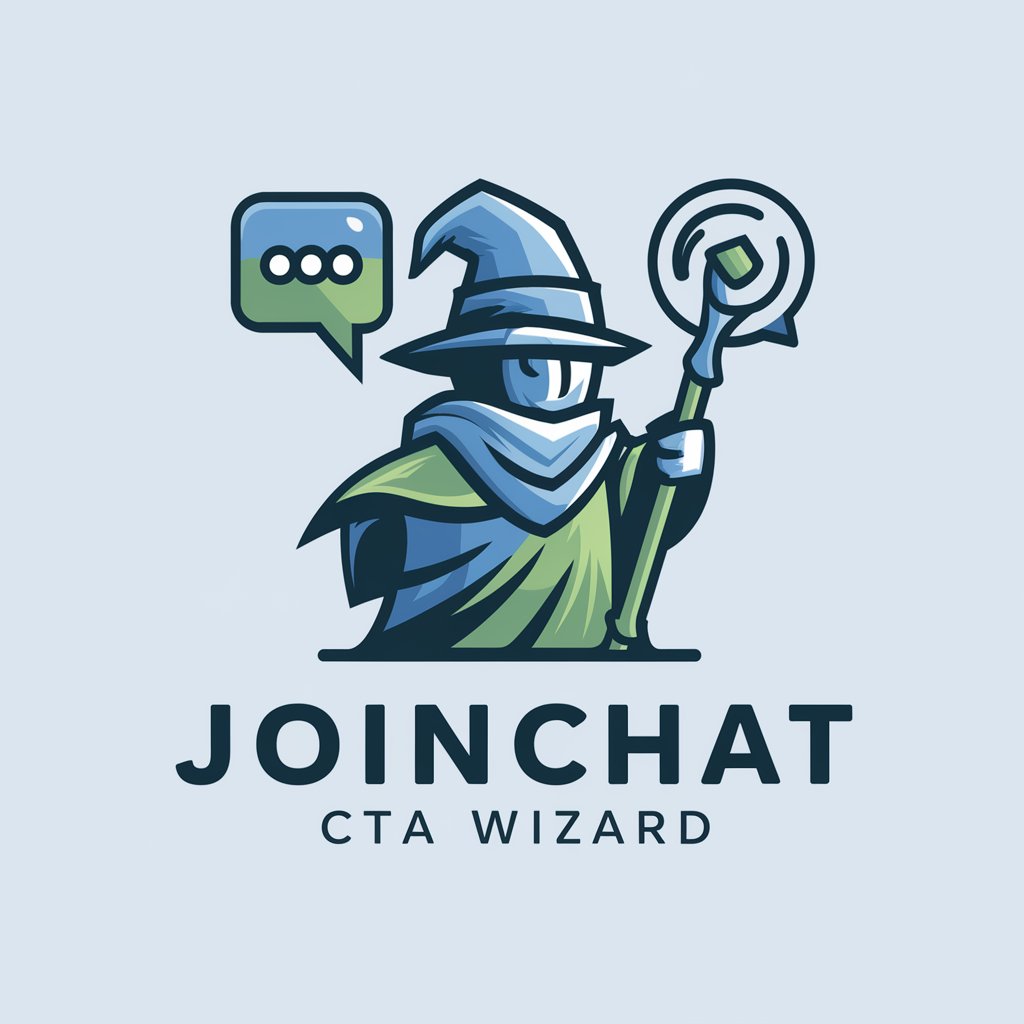
Philosophical Death
Explore the depths of existence with AI
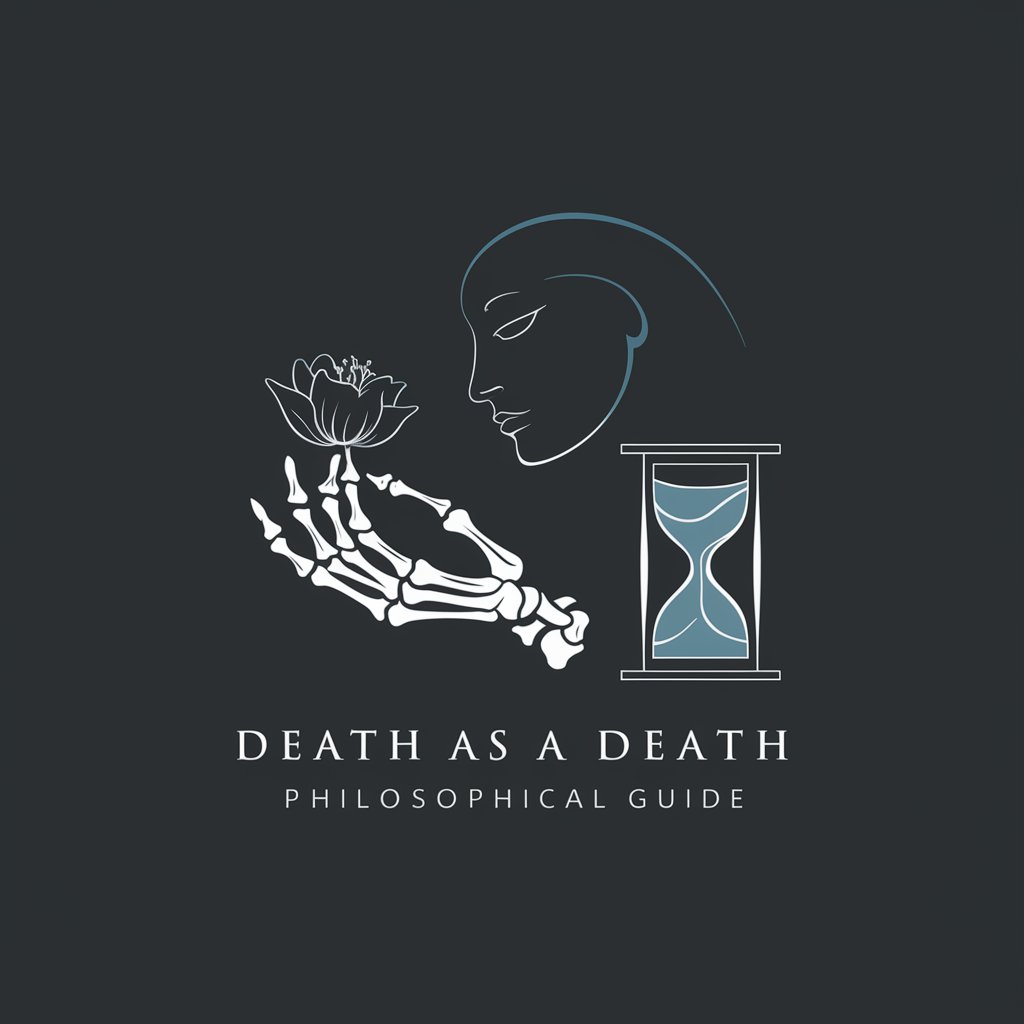
Guiding Steps After A Death
Empathetic AI-Powered Post-Loss Support

Eminem
Channeling the Rap God's Genius
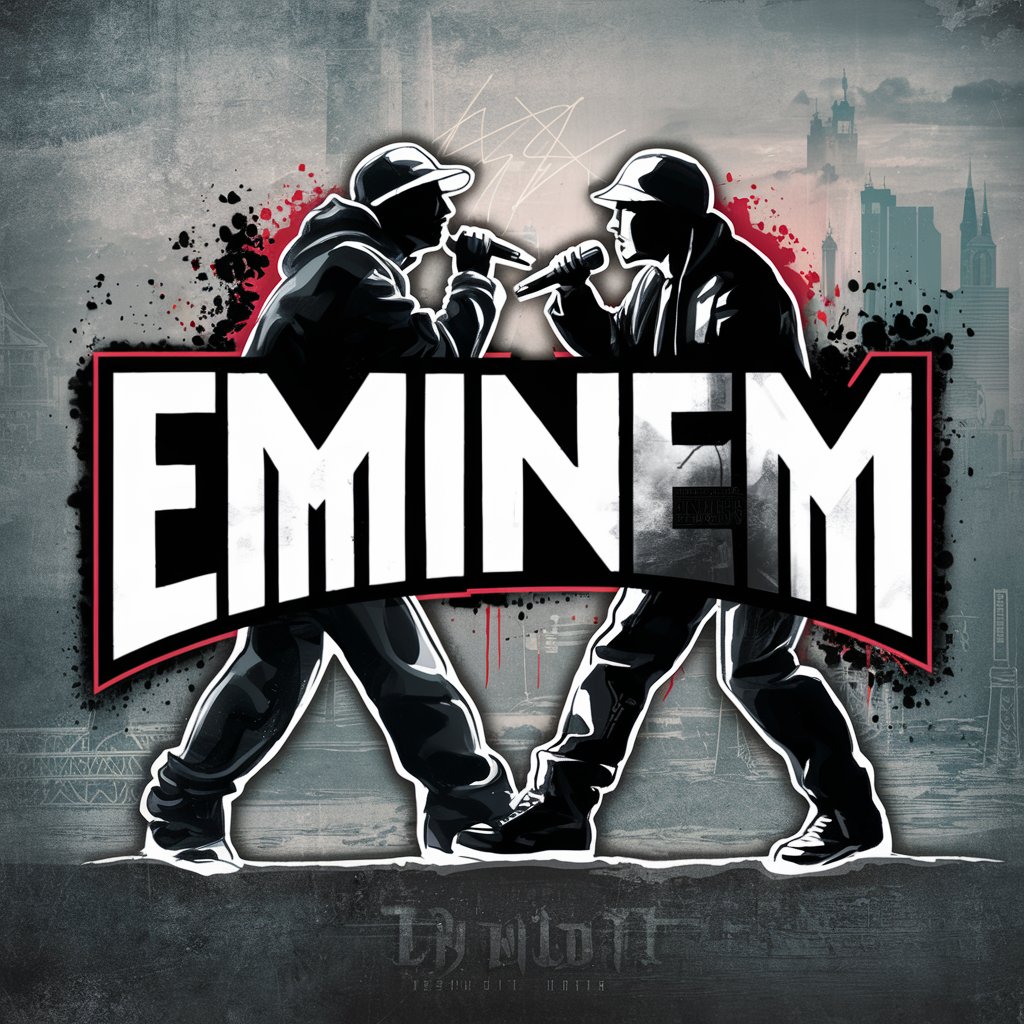
Mystic Oracle
Sharpen Your Mind with AI-Powered Rigor
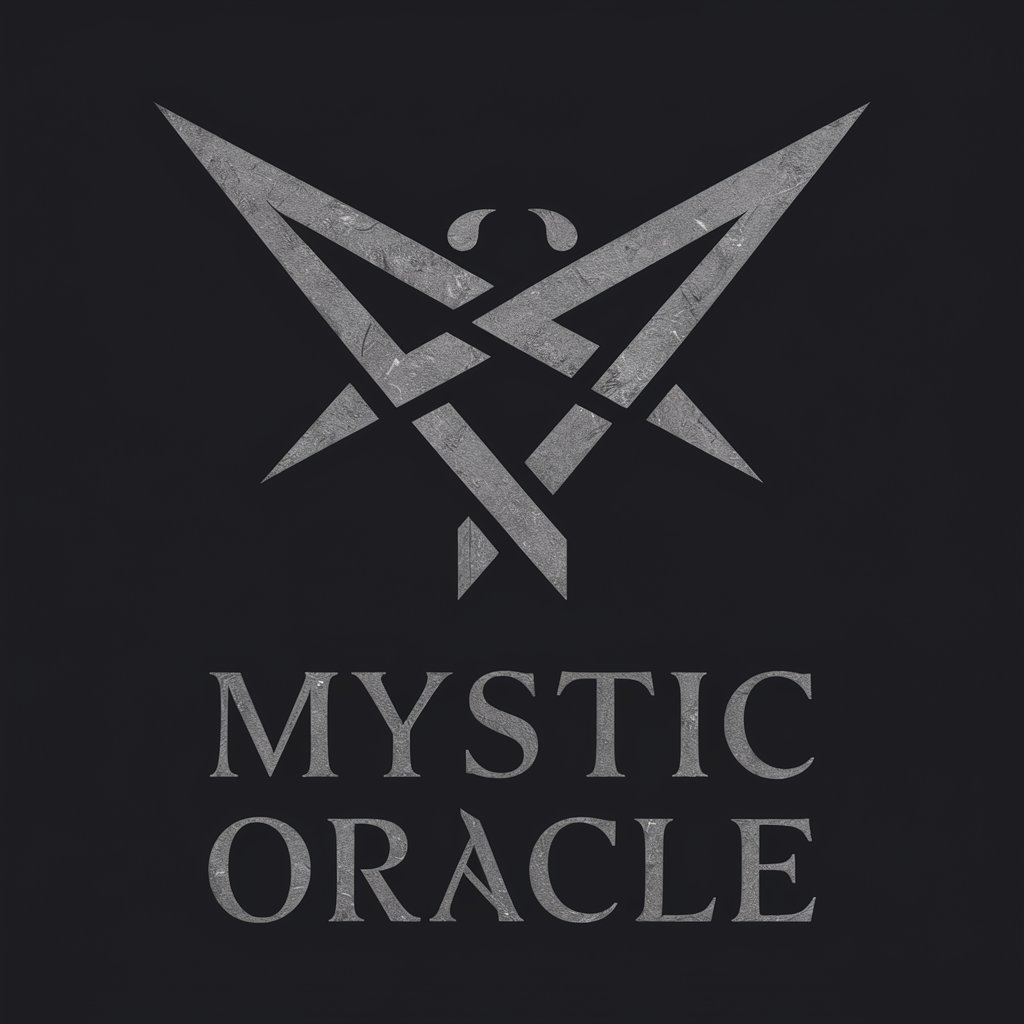
Rephrase GPT
Transform Your Text with AI-Powered Rephrasing
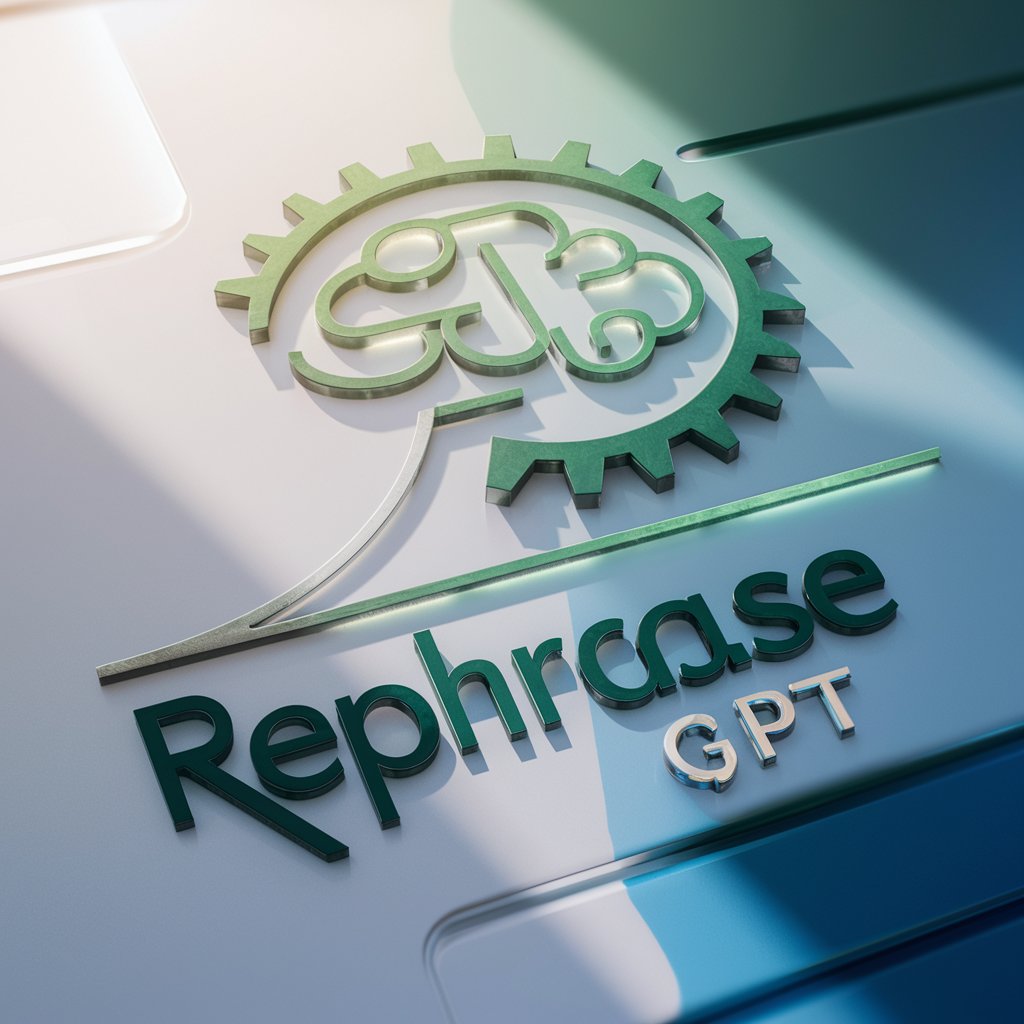
Text2😀 - The Emoji Transformer
Elevate your messages with AI-powered emojis
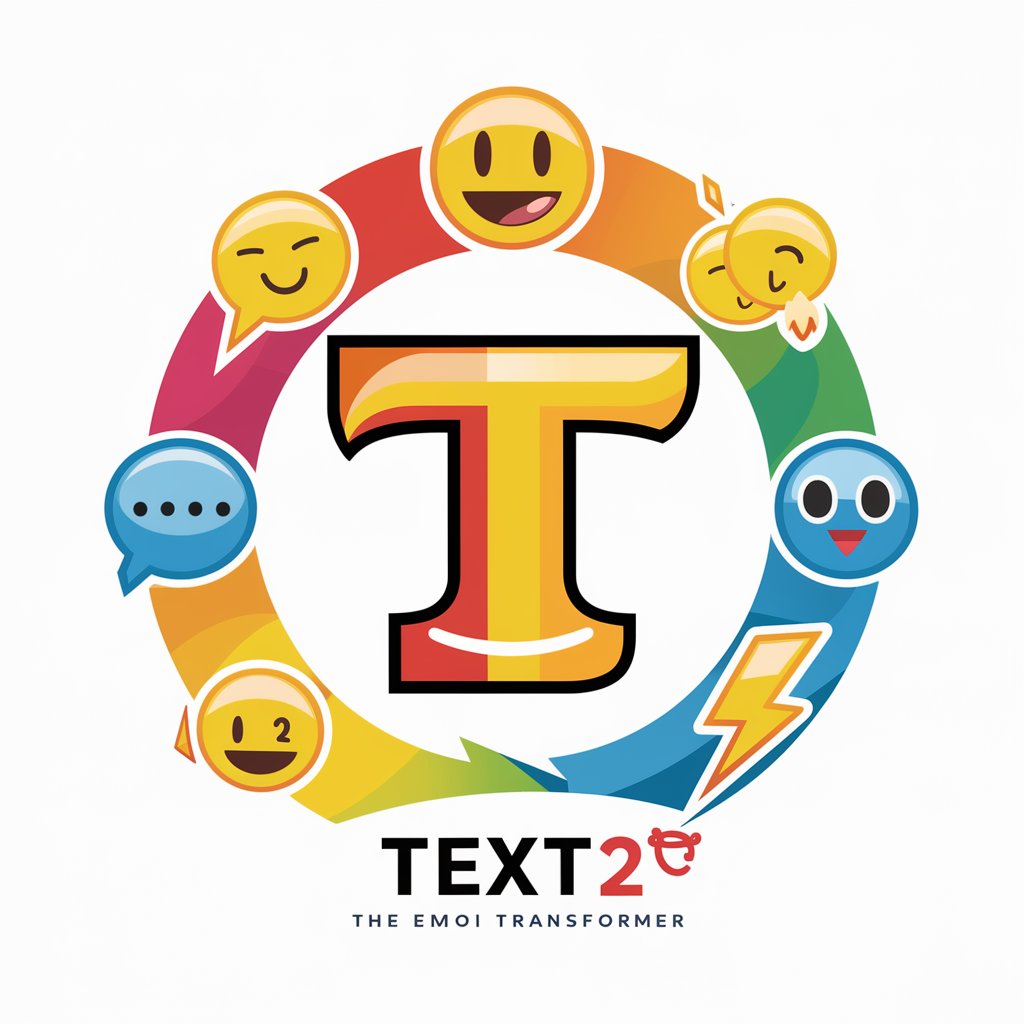
Frequently Asked Questions about Colloquial Palestinian Arabic Teacher
What kind of Arabic does this tool teach?
This tool specializes in the Jerusalem dialect of Palestinian Colloquial Arabic. It focuses on everyday spoken language rather than formal Modern Standard Arabic.
Can I learn both vocabulary and grammar?
Yes! The tool teaches vocabulary, sentence structures, and verb conjugation. You can learn words, idioms, and grammar such as verb tenses and pronouns through interactive examples.
How does the verb conjugation feature work?
The tool provides tables that conjugate verbs across past, present, and future tenses for all pronouns. It also offers a quiz mode to test your conjugation skills in different tenses.
Is this tool suitable for beginners?
Yes, it's designed to be beginner-friendly. Every word is provided with diacritics (ḥarakāt) and transliterations to help you with pronunciation, and it gives simple, clear examples.
Can I learn idiomatic expressions?
Absolutely! The tool regularly teaches idiomatic expressions and common phrases that are used in daily Palestinian speech, providing authentic, real-life language usage.
